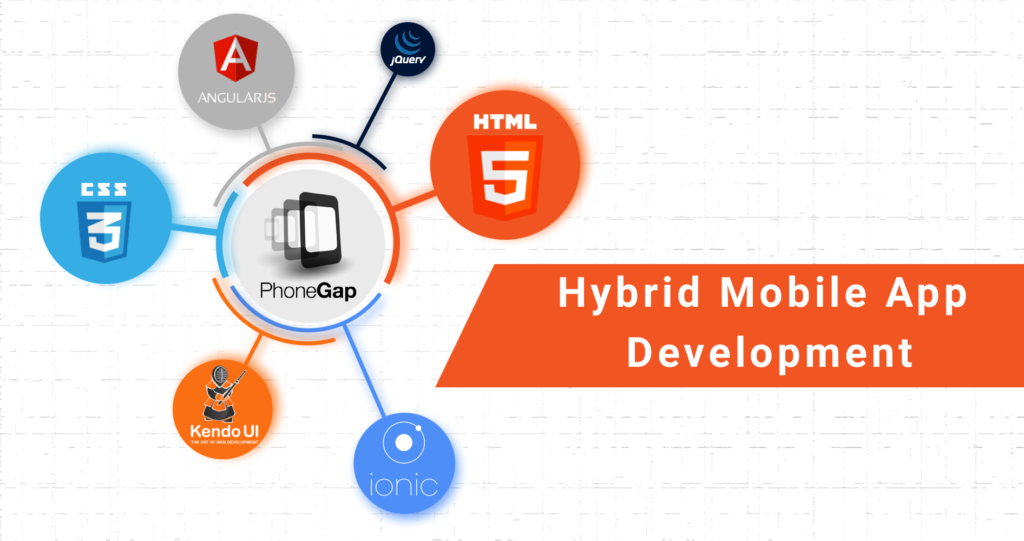Hybrid Mobile App Framework- A Guide to Best Frameworks
Technology has witnessed vast expansion every day, and we are coming up with newer techniques and applications that make our existence easy-going and straightforward. Among these new application has come the hybrid mobile application.
It is easier for developers to work with hybrid mobile web app frameworks since they can write the code once and run the built mobile applications on the leading platform without putting extra efforts. These applications run on both Android and IOS, and the code that has been developed can be used again for progressive web and desktop applications.
This article guides some of the best hybrid frameworks that have been approved and appreciated globally and have also been used by some of the best software designers worldwide.

-
React Native
React Native might not be the best hybrid mobile app framework for those who are beginners, but at the same time, it can be used by them with the help of tutorials and a web community who are always ready to help and overcome obstacles.
This framework can build mobile applications only by using JavaScript. Its positives include offering several instruments that can automate and accelerate the development process and provide error detection, which is automatic.
-
Ionic
One of the best hybrid mobile app frameworks, Ionic, is full percent free and open-source and has been applauded by software designers worldwide. Licensed under MIT, it houses about 120 native device features, which include Bluetooth, Finger Print Authentication, Health Kit, etc.
It is quite reliable because of its high-level testing of programming languages. In rapid development, there are only minimal extra actions that need to be taken by the user.
-
Aurelia
Another tremendous hybrid mobile app framework is Aurelia, which can function as a powerful tool for developing browser, mobile, and desktop applications when used together with a collection of modern JavaScript modules.
Aurelia claims to be the only available framework, which helps the developer build components with plain, vanilla JavaScript and TypeScript. Some of its powerful features include metadata, dependency injection, templating, routing, binding, etc. Just like Ionic, this framework is also 1oo% free, open-sourced and licensed under MIT.
-
Flutter
This framework was launched in 2019 only but in a year has made its way to the top hybrid mobile app frameworks globally.
Some of its success is that it has open-source technology, which increases accessibility to all developers. Moreover, it is entirely compatible with multiple operating systems and also has real-time updates, which means you don’t have to stop the product midway and re-launch it to bring in the updates.
-
Xamarin
Another hybrid mobile app framework that has been able to impress developers is Xamarin, which has been used by different industries from time to time to simplify daily operations. One of the reasons for it being so popular is that it can create universal applications and can be run on various devices without the need to sacrifice native design.
Some of the best frameworks for mobile apps have been laid down in this article, making sure to help a developer decide upon the hybrid mobile app framework. All of these frameworks come along with its own set of pros and cons. In case of any hitches, while using these frameworks, one could check out the free tutorials available on the internet.

